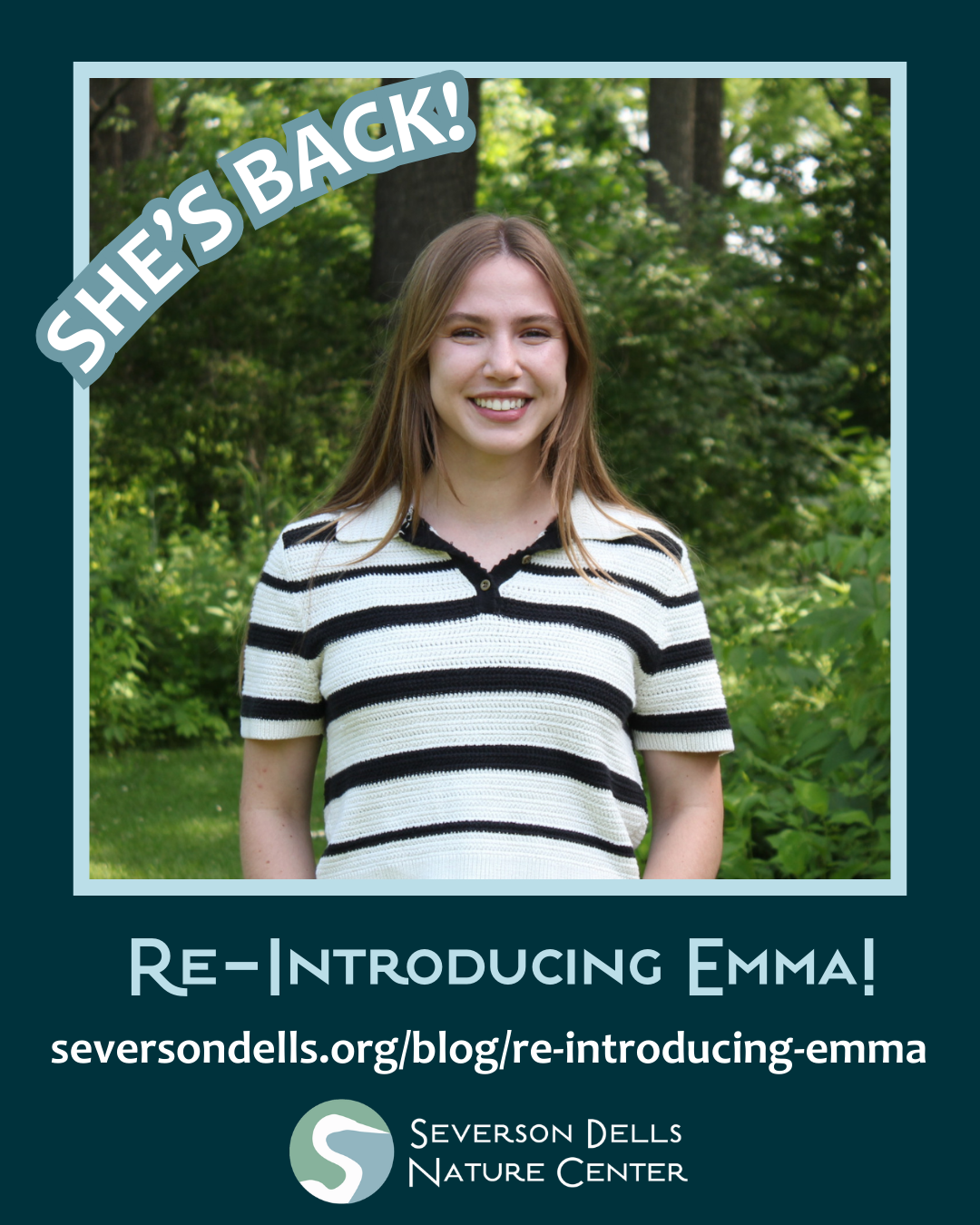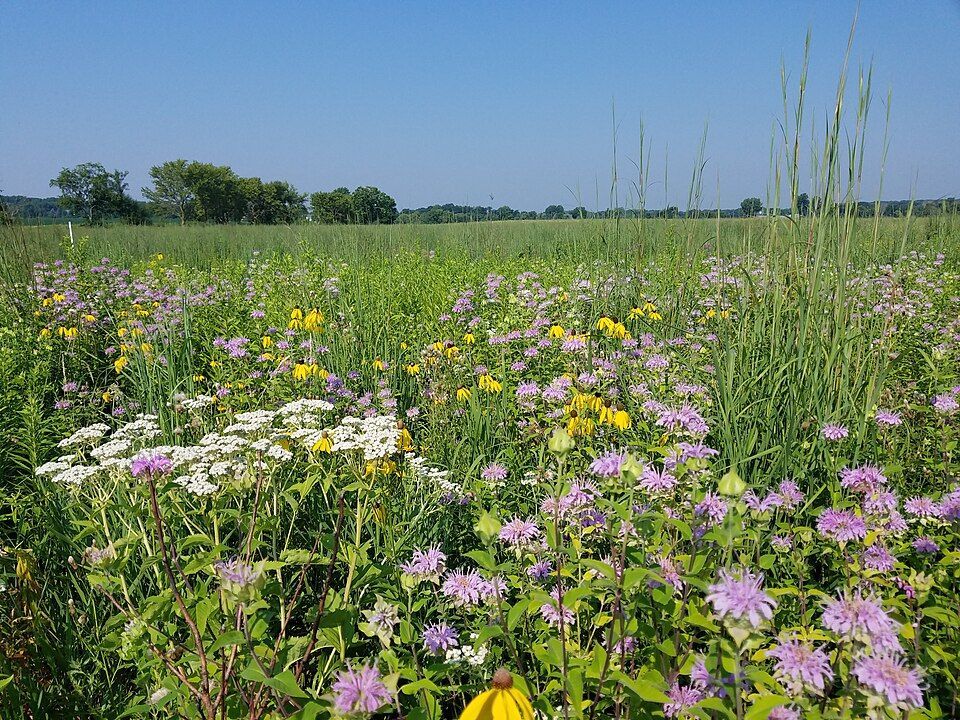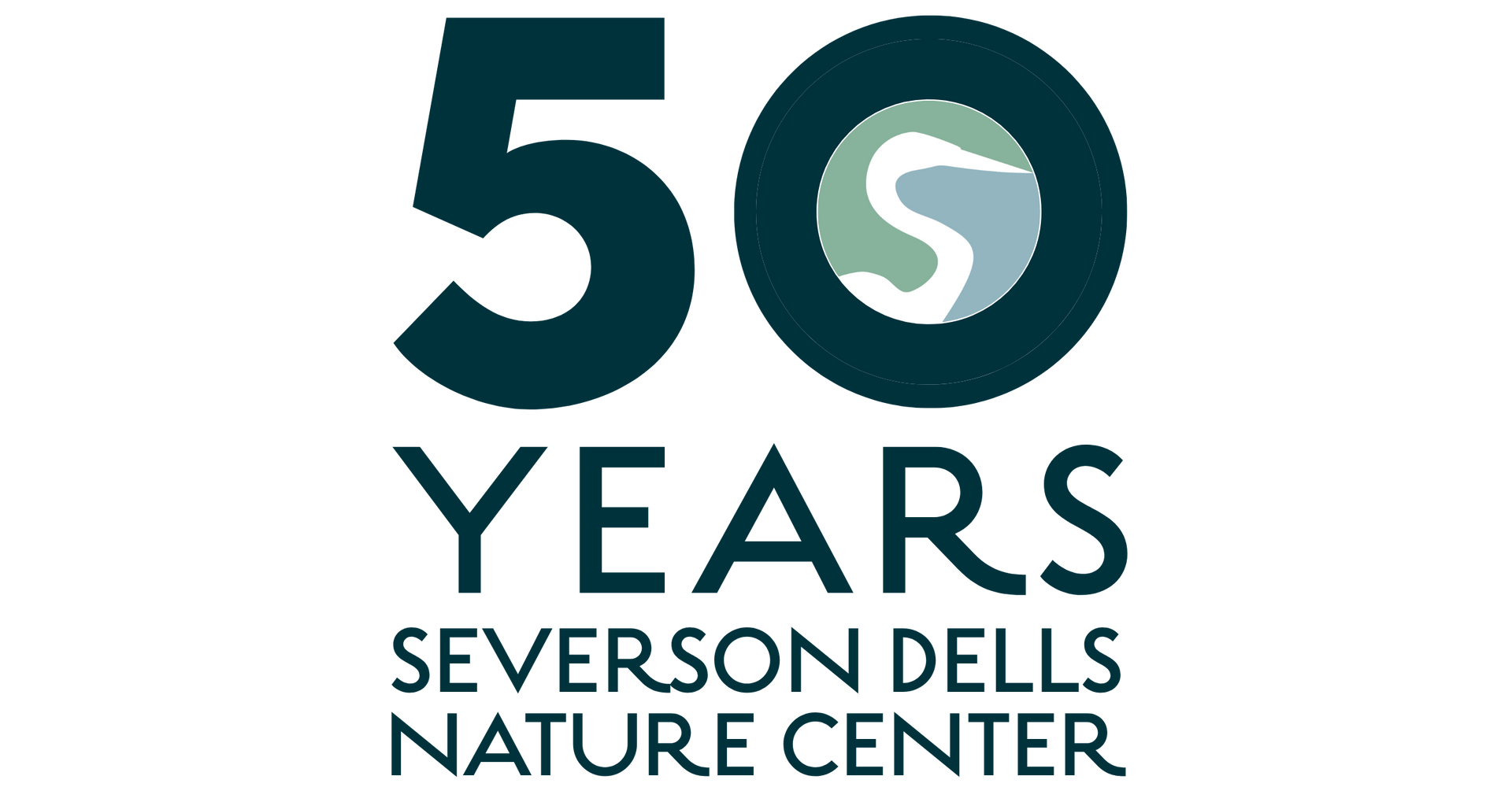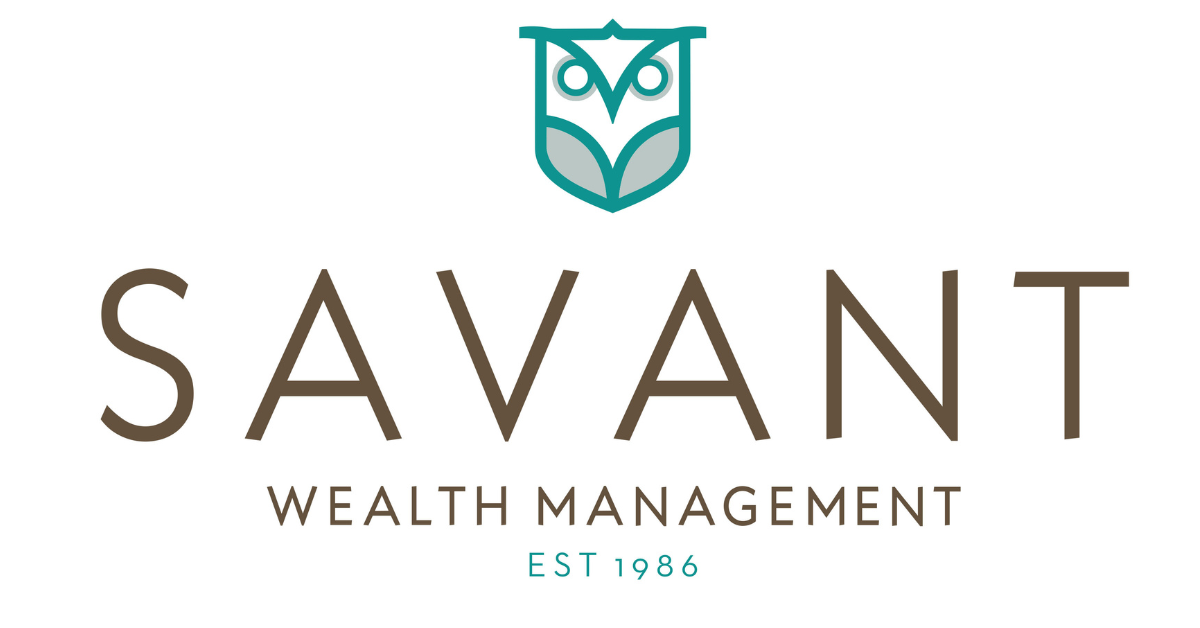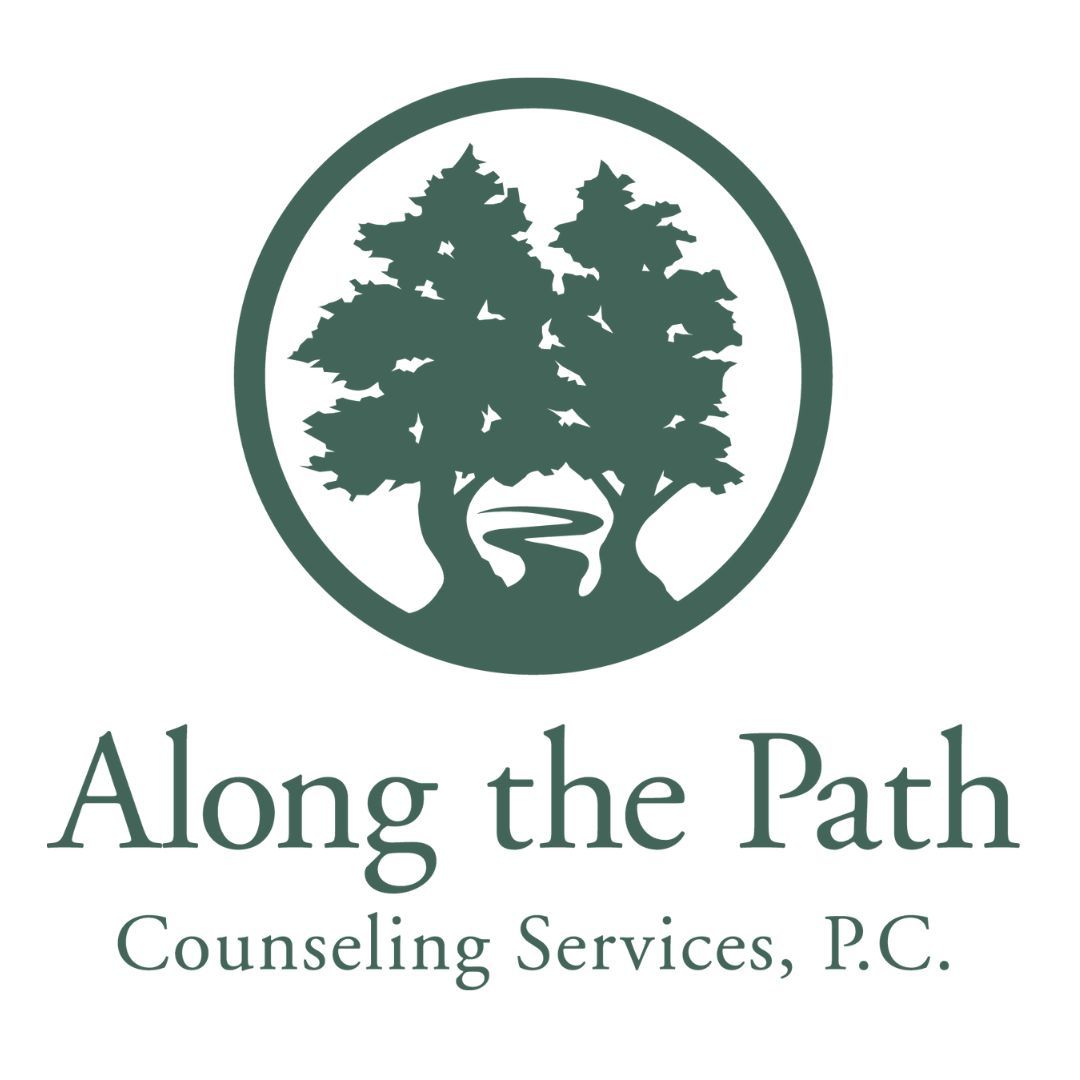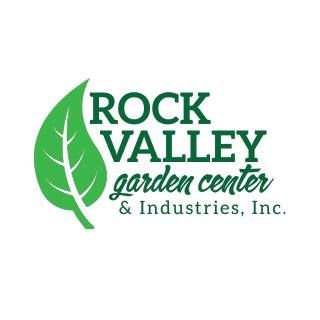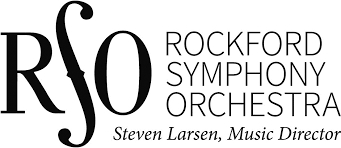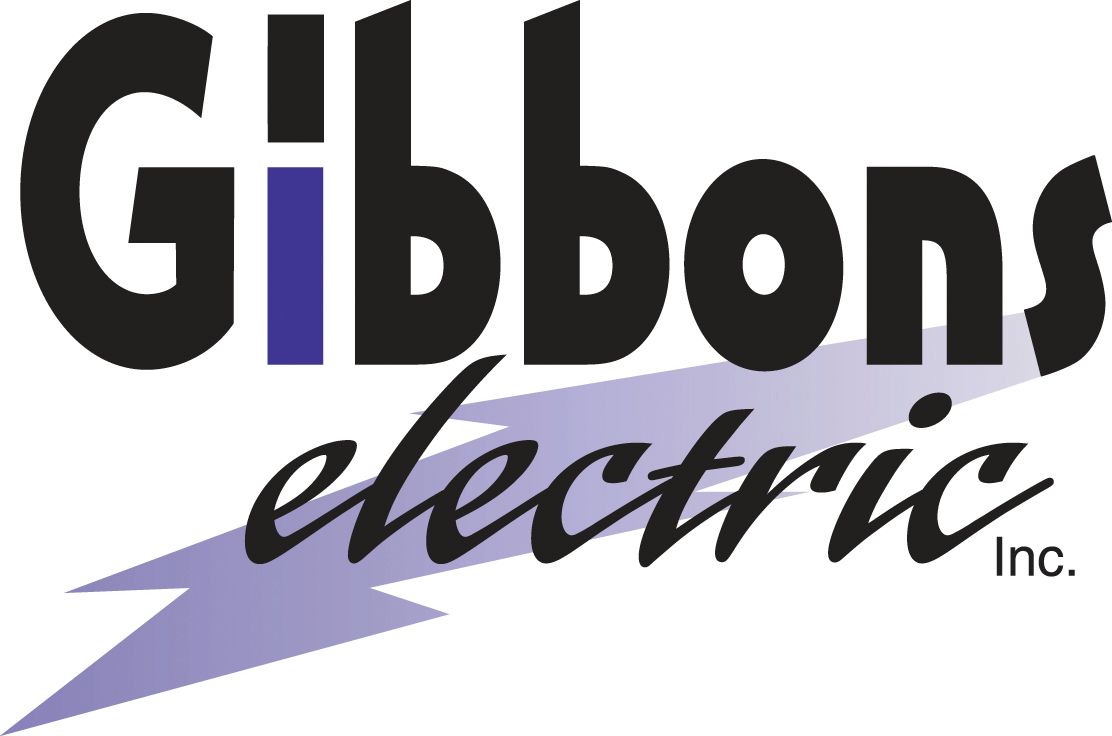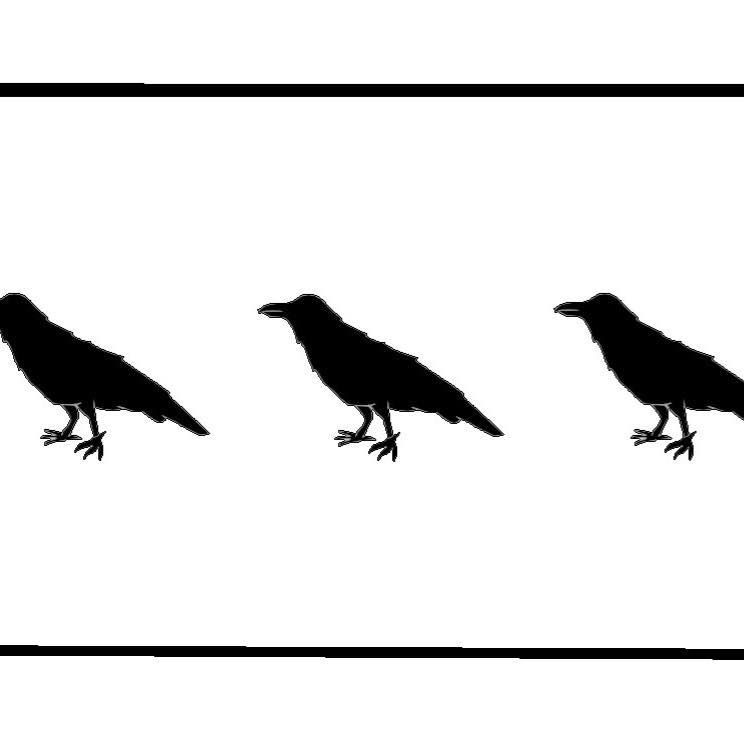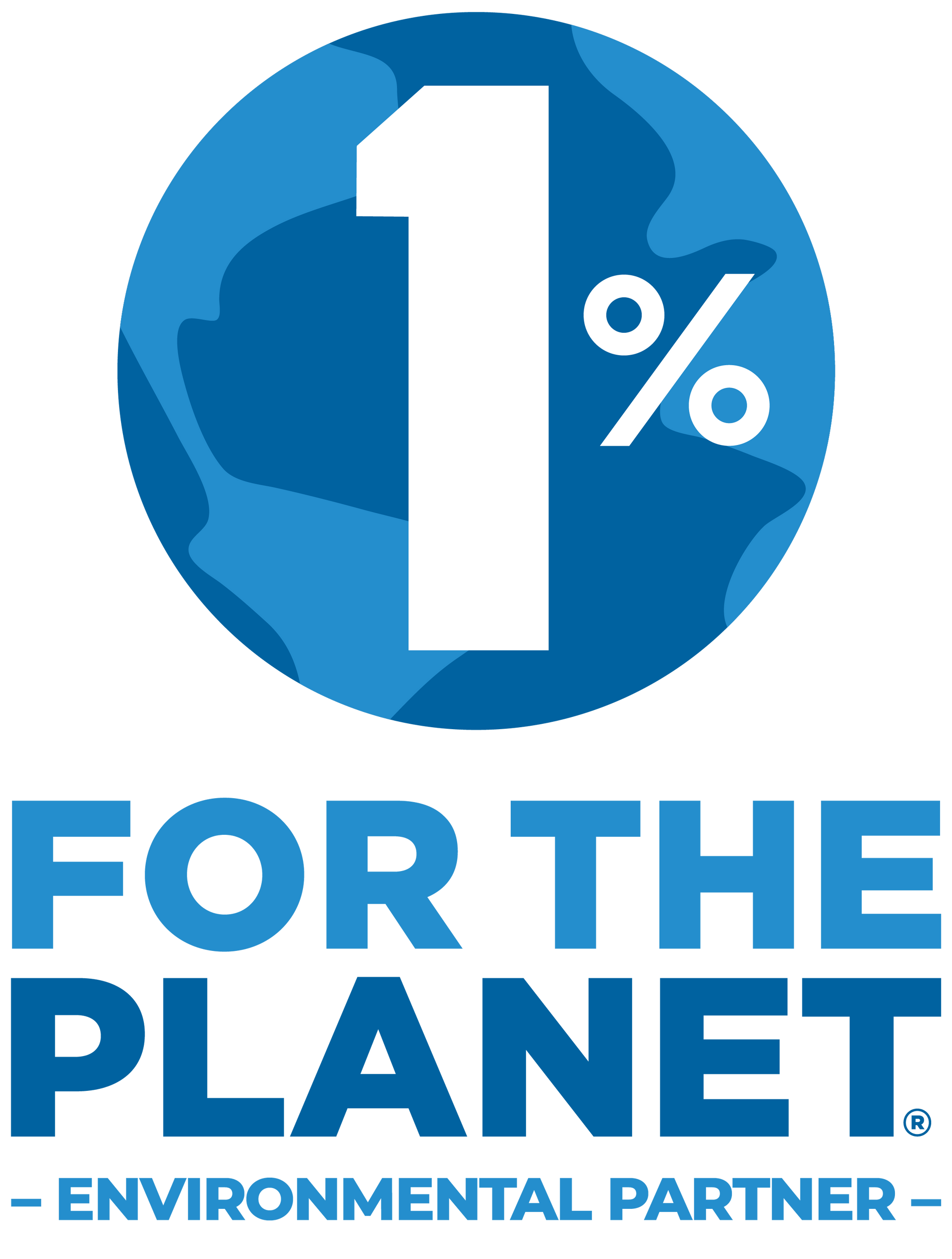FIELD NOTES BLOG
Bringing Nature to Schools: After School Programs with 21st Century Community Learning Centers

We are a few weeks into an exciting new program and community partnership with 21st Century Community Learning Centers! From now until mid-April, our education team is bringing hands-on nature experiences to Welsh, Haskell, and West View Elementary schools in Rockford every week. Students will use binoculars, build habitat models, play predator-prey games, experiment with bird beak shapes, roleplay the water cycle, and so much more! These after school programs give us the ability to reach students who might not otherwise have access to Severson Dells or Natural Areas. Ongoing programs like this have an added appeal because we can better develop relationships with the students. We are thrilled to have this opportunity.
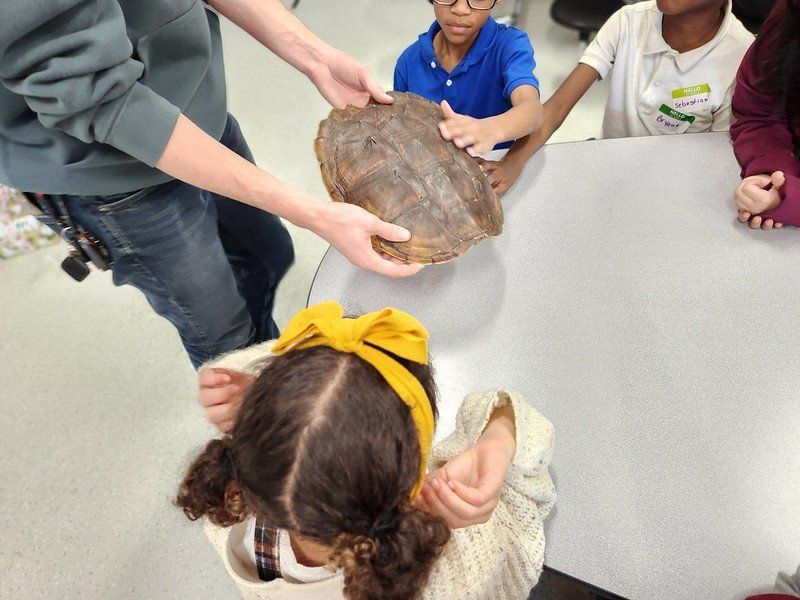
The students seem equally excited! Here’s what they have had to say so far:
“You are only coming out for 18 weeks? Why can’t it be 800 weeks!”
“You mean we are going to learn about ALL of those animals?! For real?!”
“Do you really have to leave now? Can we keep doing this?”
“Thank you for this experience.”
“You invited me to Science Saturday at Severson Dells. I went with my family and it was SO MUCH FUN! I can’t wait to go to Luminaria this weekend.”
“I can see the hawk’s talons through the binoculars! Just like you were talking about inside!”
The joy and wonder on kids’ faces as they handled pelts and furs for the first time was contagious. Their curiosity was palpable. These things are hard to quantify, though, and we strive to show data-driven success as a result of our program. We asked students to complete a pre-evaluation to benchmark their attitudes toward Science and Nature. Students ranked their response to various statements like “I know a lot about nature” on a scale of 1 to 5, with 1 being “strongly disagree” and 5 being “strongly agree.” Here’s what we found:
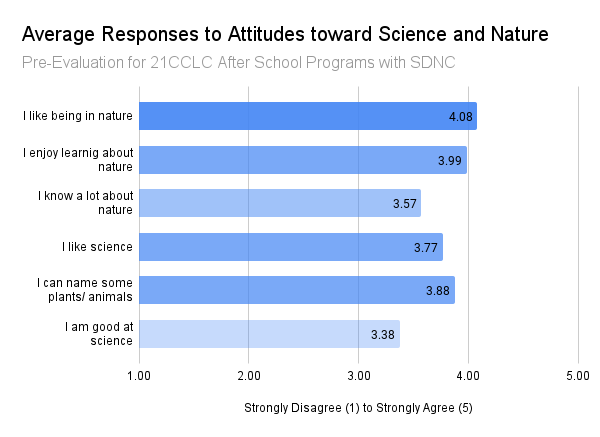
Many students showed that they like being in nature, with the average of responses being a 4.08 (agree). A lot of them enjoy learning about nature and science. Fewer students felt like they know a lot about nature and are good at science, with average responses for those statements being 3.57 and 3.38 (not sure). We hope to see these attitudes trend toward “strongly agree” or 5 in our end-of-program evaluation!
We have tons of in-depth and interactive lessons about local wildlife planned for these after-school programs, but we wanted to see what knowledge our students were starting with. We presented students with several animal pictures and asked them to circle which animals live in or around Rockford. We considered Deer, Fox, Rabbit, Raccoon, and Frog as present in and around Rockford while Tiger, Bear, and Alligator as not. The following chart shows the percentage of correct responses per animal.
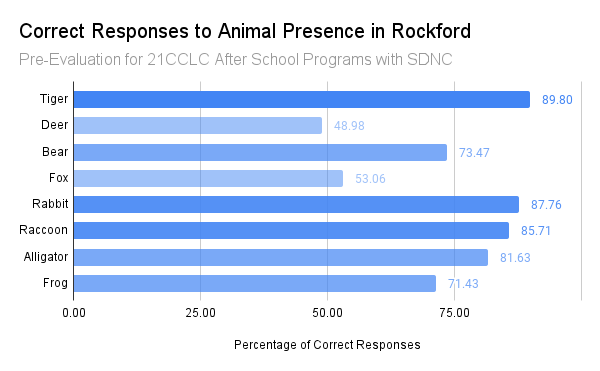
Students were fairly confident that Tigers do not live around Rockford, which is a relief for multiple reasons! Students also performed well on their assessment of Rabbit and Raccoon presence in Rockford. However, over half of the students are convinced that Deer are not present locally, and almost half believe the same about Fox.
This data tells the story of our students’ disconnect with the natural world and local ecosystems. They aren’t alone in this, though! Some chaperones who come to Severson Dells for field trips ask if they need to be concerned about lions and tigers and bears (oh my!). Many factors have hindered our connection with and understanding of the natural world. We aim to further our mission of “connecting people to nature” through these programs. If we do our job well, these percentages should be much higher by the end of our program.
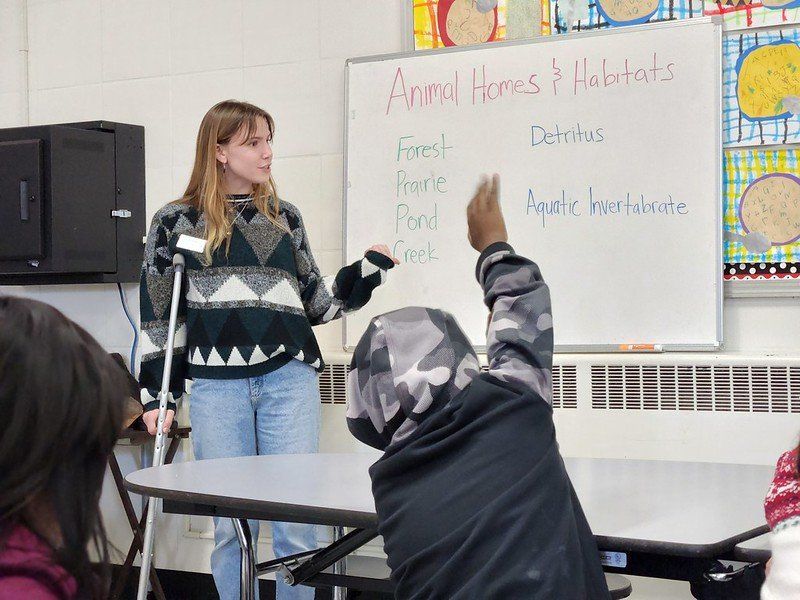
We hope to keep you updated with stories and pictures from these programs, and I am especially looking forward to seeing the results of the post-evaluations. For now, consider supporting this effort with a donation to Severson Dells or volunteering at our other community outreach programs! Thank you for following this journey.

RECENT ARTICLES
